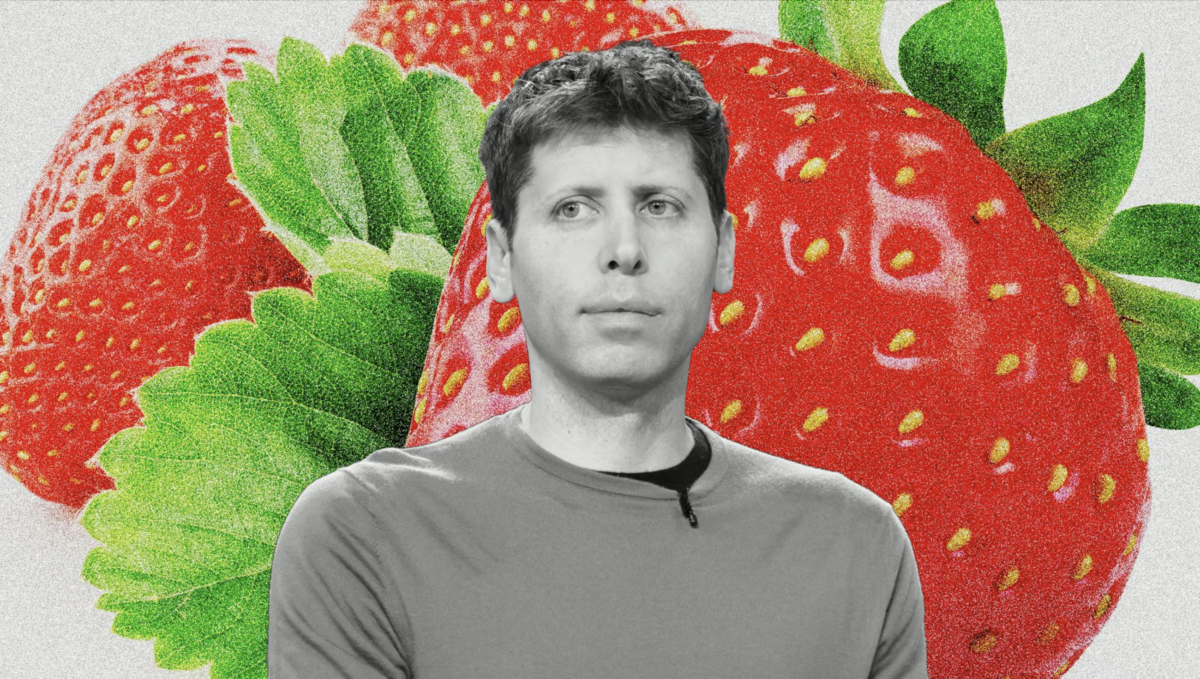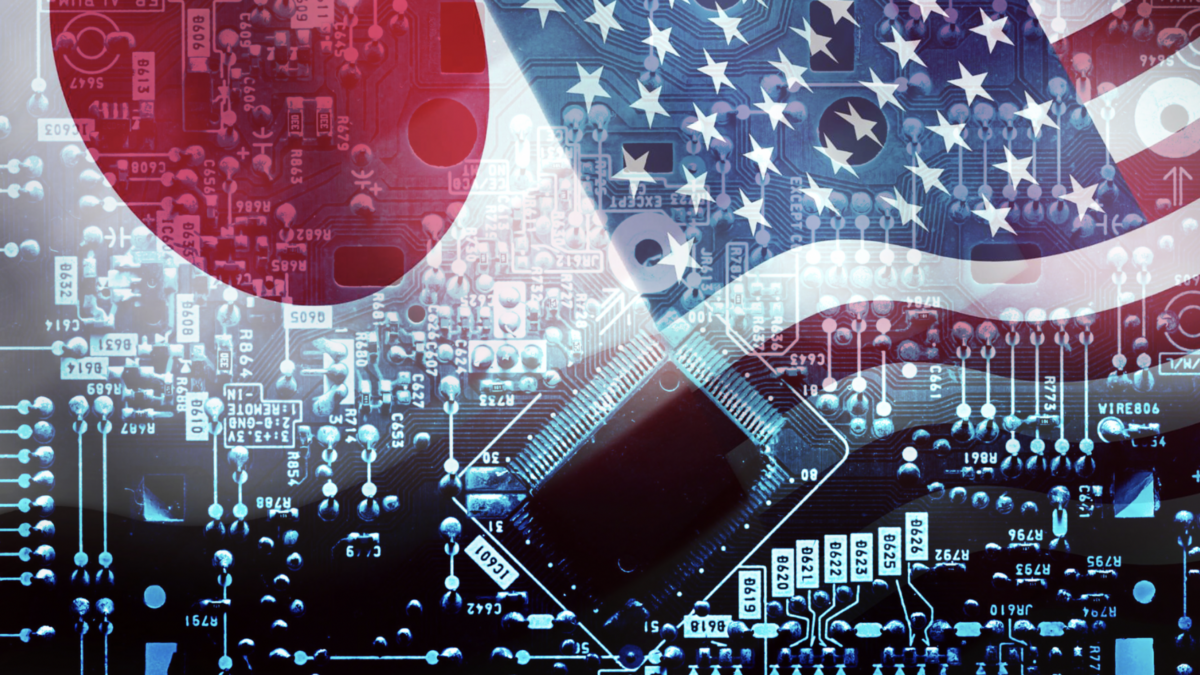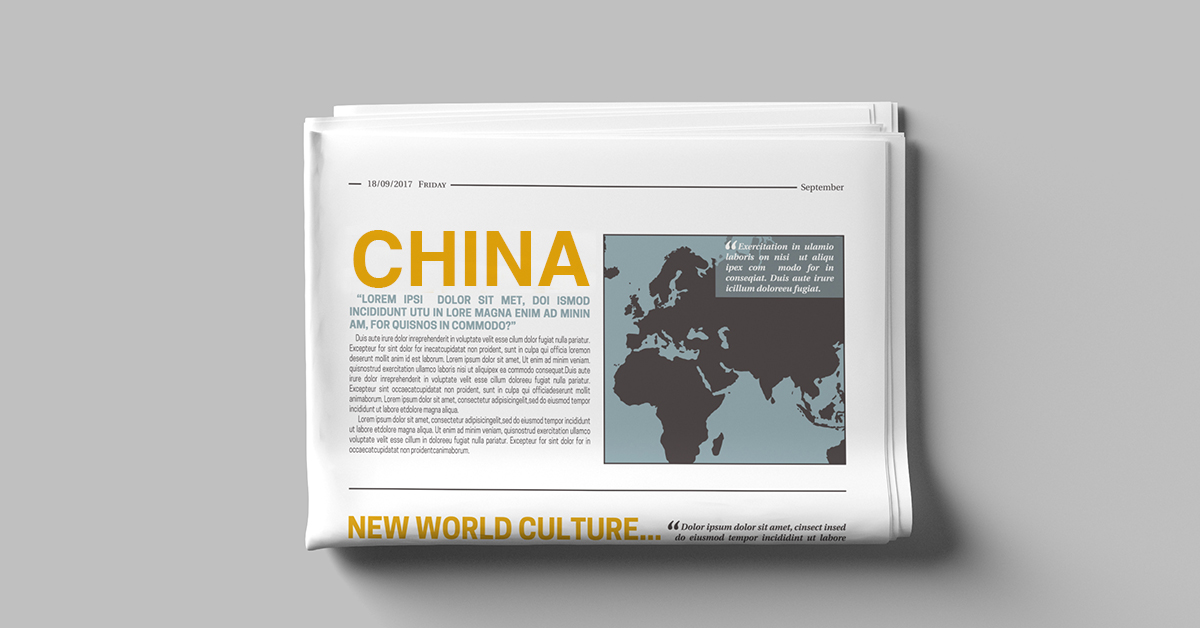Meituan Delivery Workers Earn More Than Local Average, Reflecting China's Growing Gig Economy
New data from Meituan, China’s largest on-demand service provider, shows that food delivery workers in major cities such as Beijing, Shanghai, and Shenzhen earned more than the local population in June. Delivery workers meeting minimum work requirements took home an average of 11,000 yuan ($1,550) monthly, surpassing Beijing’s average monthly disposable income of 7,180 yuan. The gig workers now make up 23% of China’s workforce, highlighting the rise of flexible employment.

Alibaba Cloud Pushes AI Boundaries with Open-Source LLMs and New Text-to-Video Model
At its Apsara Conference, Alibaba Cloud announced the open-source release of 100+ Qwen 2.5 large language models (LLMs), signaling its commitment to advancing AI technologies. These models, part of the Tongyi Qianwen family, support 29 languages and applications ranging from gaming to scientific research. Alibaba also introduced a text-to-video model capable of generating high-quality, 20-second videos in multiple styles. Additionally, Alibaba Cloud announced significant price cuts, reducing LLM costs by up to 85%, further supporting global AI development.

China to Push for Last-Minute Deal Amid EU's Electric Vehicle Tariff Probe
China’s commerce minister, Wang Wentao, vowed to negotiate until the final moments as the European Union edges closer to imposing up to 35.3% tariffs on electric vehicles (EVs) made in China. Speaking at a China-Europe EV event, Wang warned that the EU’s anti-subsidy investigation is harming Chinese investment confidence. The EU’s 27 members will vote on the proposed tariffs by September 25, with implementation possible by late October if approved.

OpenAI Threatens to Ban Users Questioning the AI Reasoning Process
OpenAI is facing backlash for threatening to ban users attempting to reveal its AI model’s reasoning process. The company, is now warning users that trying to uncover its model’s thought process could result in account suspension. This comes after the release of “Strawberry,” a new AI model praised for its step-by-step “chain-of-thought” reasoning. However, OpenAI claims hiding the model’s raw reasoning ensures safety and competitiveness, sparking criticism and raising concerns about increasing opacity.

BlackRock and Microsoft Team Up for AI Infrastructure Fund
BlackRock is set to launch a $30 billion AI investment fund with Microsoft to develop data centers and energy projects to meet the rising demands of AI technology. Partnering with Global Infrastructure Partners and Abu Dhabi-backed MGX, the fund aims to tackle the significant energy requirements for AI, which are straining current infrastructure. BlackRock, the world’s largest asset manager, sees energy infrastructure as a key growth area.

Qualcomm Explores Potential Acquisition of Struggling Rival Intel
Qualcomm has approached Intel about a potential takeover, though no formal offer has been made. With Intel’s market value at $93 billion, such a deal would surpass Microsoft’s $69 billion Activision purchase, becoming the largest tech acquisition ever. However, concerns about antitrust issues loom large, and Intel is working with Goldman Sachs and Morgan Stanley to evaluate the approach. Qualcomm’s interest follows Intel’s declining performance, including $30 billion in lost value.

US and Japan Near Export Control Agreement Targeting China’s Chip Industry
The US and Japan are close to finalizing a deal to restrict tech exports to China’s chip sector, despite concerns in Tokyo about potential retaliation from Beijing. The Biden administration aims to implement new export controls before the November presidential election, requiring non-US companies to obtain licenses for sales to China. Both nations are negotiating complementary regimes to protect Japanese and Dutch firms from US rules. However, fears of Chinese retaliation, particularly regarding critical mineral exports, complicate discussions.













